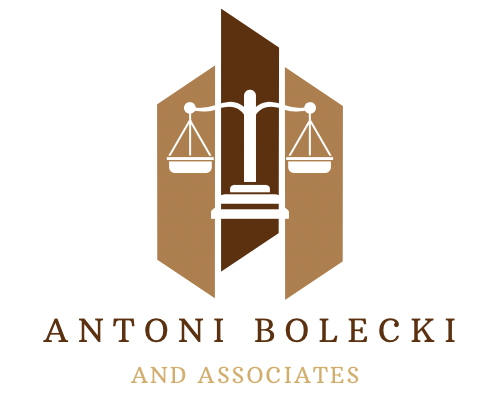
A family counselor on Tuesday urged a federal appeals court to strike down a Washington state law banning so-called conversion therapy for minors, a practice that seeks to change a patient’s sexual orientation or gender identity, arguing it violated his right to free speech.
Roger Brooks of the conservative legal group Alliance Defending Freedom, representing counselor Brian Tingley, told a three-judge panel of the 9th U.S. Circuit Court of Appeals in Seattle that the law, passed in 2018, amounted to censorship.
Assistant Attorney General Cristina Sepe, arguing for the state, countered that the law regulated therapists’ professional conduct, not speech, and protects minors from an ineffective and harmful practice.
More than 20 states have passed laws against conversion therapy. The American Psychological Association has said such therapy is harmful to lesbian, gay, bisexual and transgender (LGBT) people.
Tingley, who practices family therapy in Fircrest, a town of about 7,000 near Tacoma, sued the state in 2021 in Tacoma federal court, saying the law violated the 1st Amendment of the U.S. Constitution.
He has said in court papers that he only helps clients realize their own goals, with their consent and that of their parents, and that his work is informed by his Christian faith.
U.S. District Judge Robert Bryan dismissed the case last August, finding that the state could regulate professional conduct even if it “incidentally” burdened speech.
Brooks argued Wednesday that the burden on his client’s speech was not incidental, since therapy consists entirely of speech.
“The 1st Amendment tells us that the fact that an idea may be harmful, may cause harm, is not a sufficient reason to censor,” he said.
Circuit Judge Mark Bennett, who sat on the panel with Circuit Judges Kim Wardlaw and Ronald Gould, pressed Brooks on whether the panel could go against an earlier 9th Circuit decision upholding a similar California law.
Brooks said it could because the U.S. Supreme Court had since expanded free speech protections in its 2018 decision in National Institute of Family and Life Advocates v. Becerra, which struck down a California law requiring clinics for pregnant women to provide notices of the availability of certain state-subsidized services, including abortion.
Sepe argued that case was different because Tingley’s speech, unlike the notices, was a part of the treatment he was offering, and so could be regulated as professional conduct rather than speech. She said the law did not infringe on Tingley’s right to express his views publicly, but only regulated the treatment he could offer.
The case is Tingley v. Ferguson, 9th U.S. Circuit Court of Appeals, No. 21-35815.
For Tingley: Roger Brooks of Alliance Defending Freedom
For the state: Assistant Attorney General Cristina Sepe
